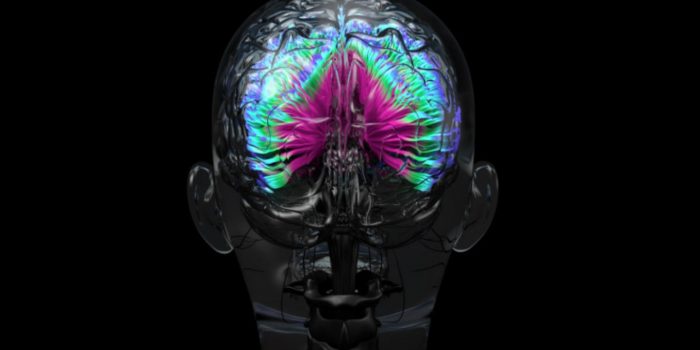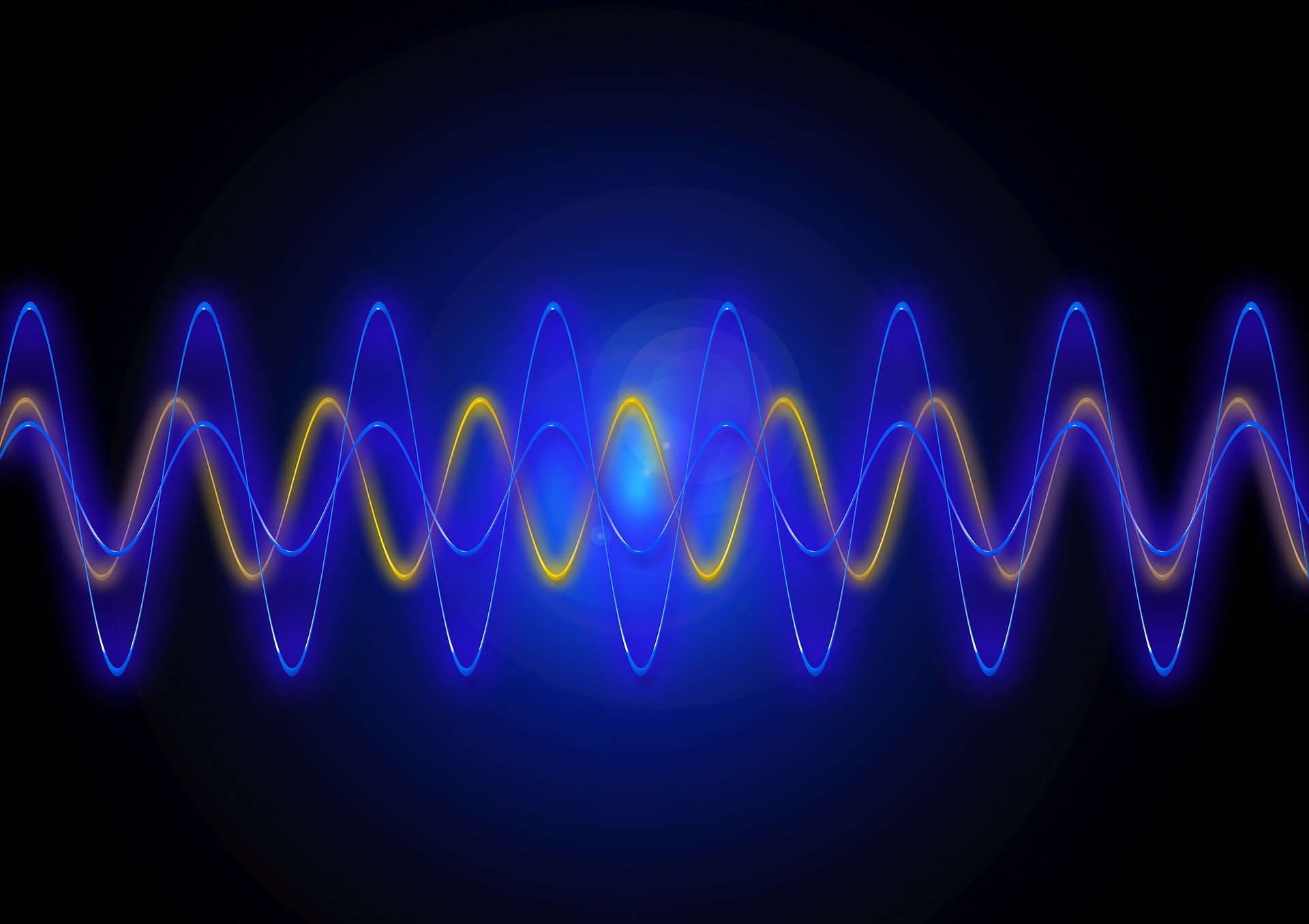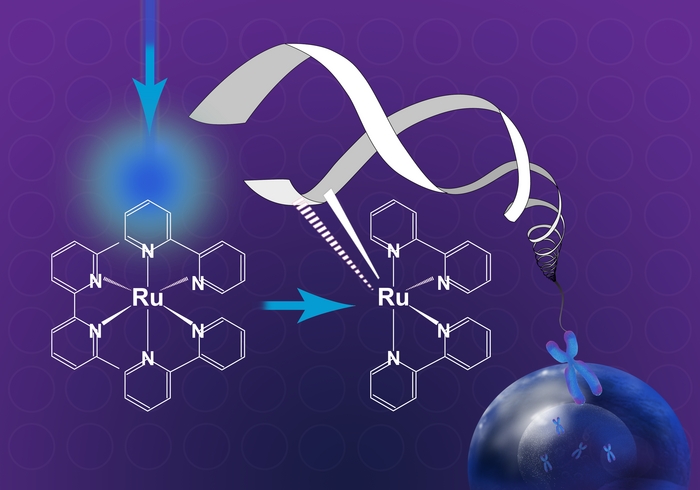
A new study discovered that a simple five-minute neck check can detect the onset of dementia ten years before any symptoms manifest themselves. For people in middle age who are at risk of developing the disease, experts hope that it could be incorporated into routine screenings.
UCL scientists conducted a study in which they measured the strength of the brain’s pulsing pulse in relation to the rest of the body. In order for the heart to pump blood throughout the body, it must first pump the blood through the arteries. Cardiovascular disease can be prevented by a number of factors, including healthy and elastic blood vessels that cushion each heartbeat and reduce the amount of energy it expends. However, factors such as high blood pressure and ageing may lead to the hardening of these vessels, reducing their protective effect. The brain’s delicate blood vessels are supplied by an increasingly active pulse. In the long run, this can lead to damage to the brain’s small vessels, structural changes in the blood vessel network, and small bleeds known as “mini-strokes,” all of which could contribute to the spread of dementia. ‘The pounding heart is what keeps us breathing. But we also require healthy blood arteries to control a normal blood flow to all bodily organs, counting the brain,’ said Professor Metin Avkiran, Associate Medical Director of the BHF.
Last month, the University of Cambridge and Google collaborated to start a $7.2 million (£5.5 million) partnership. Quantum computers will be used for simulation and modelling purposes in this partnership. Funding for this project is provided by the EPSRC (Engineering and Physical Sciences Research Council). The Google Quantum AI Lab, the UCL Quantum Science and Technology Institute, and the University of Bristol Quantum Information Institute collaborated on this project. Additionally, it includes companies like PhaseCraft and GTN from the United Kingdom.###










